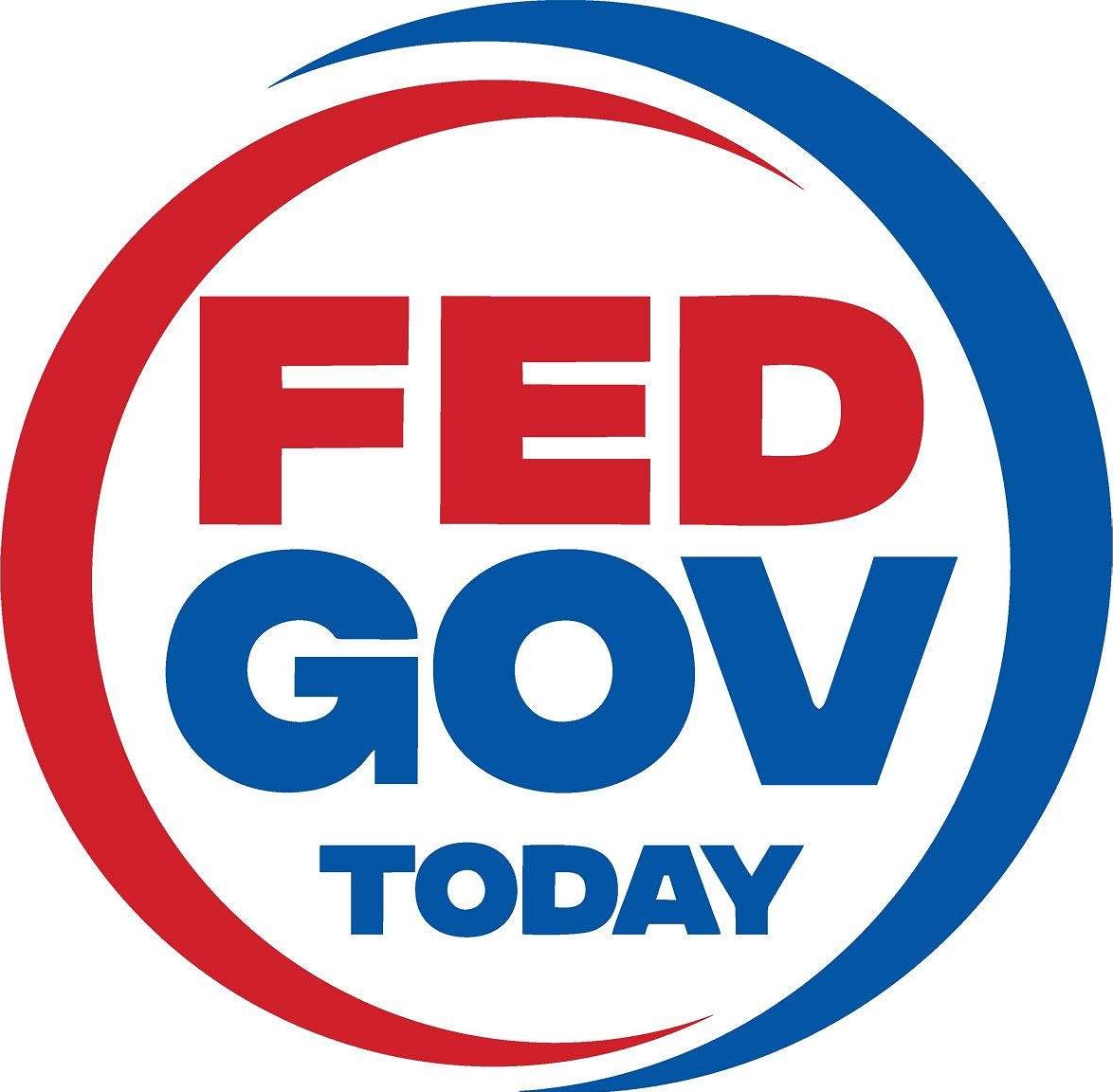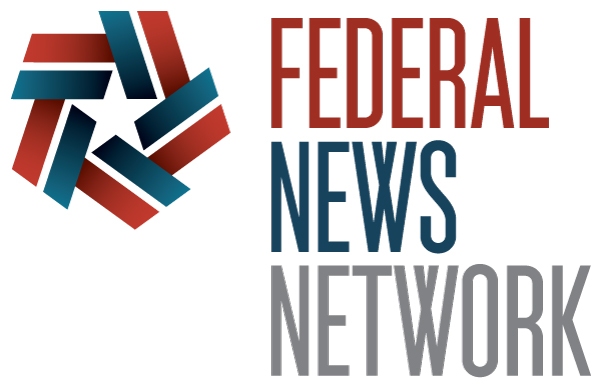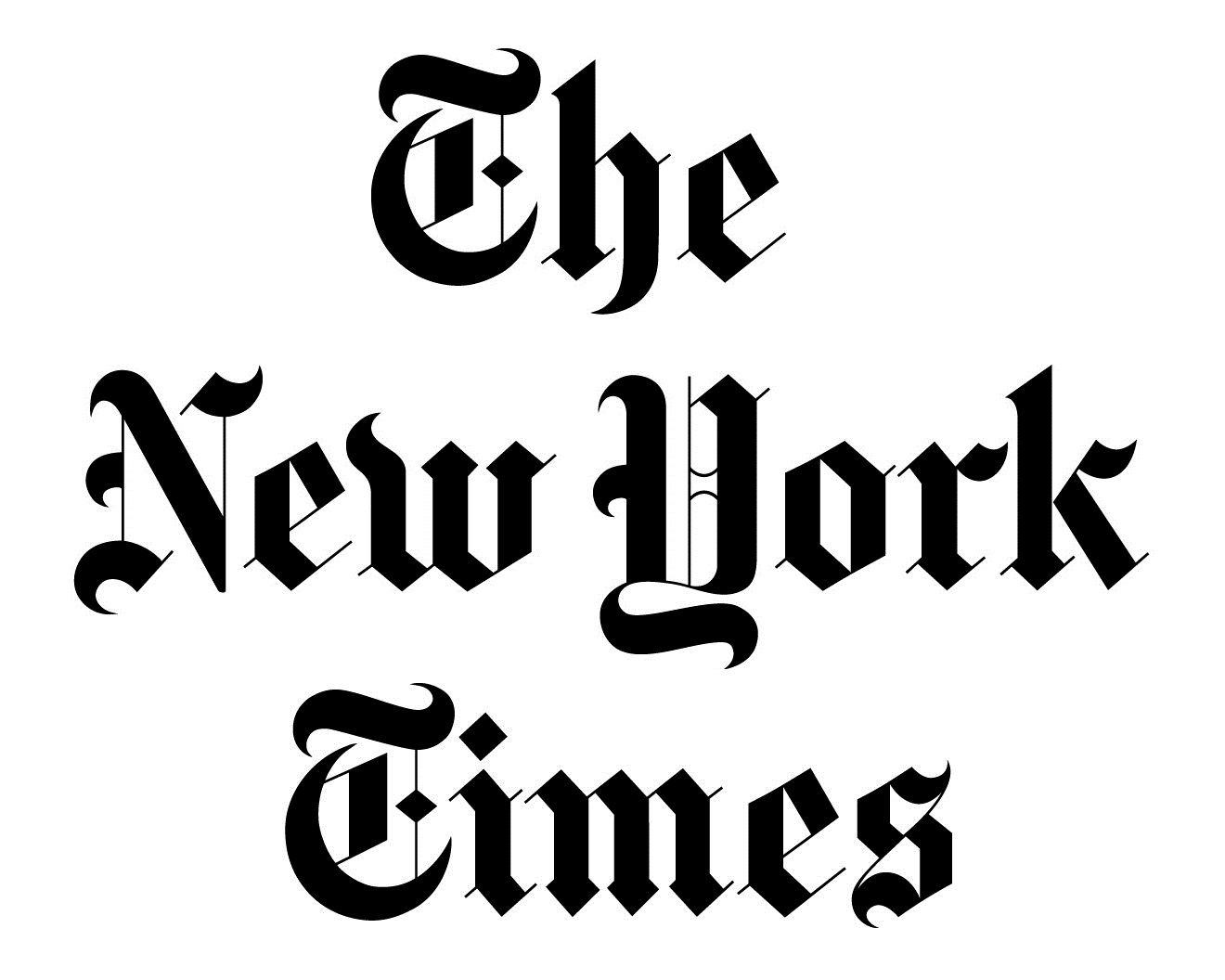
Dataminr press and announcements
Latest updates

Announcement
Dataminr Appoints Tiffany Buchanan as Chief Financial Officer to Accelerate Strategic Growth and Public Market Readiness

Press
Security Is Only as Strong as the Weakest Third-Party Link

Press
Cybersecurity at the Edge with Agentic AI

Press
Dataminr Executive Provides Insight on Trump Administration Cybersecurity Executive Order

Press
Companies Look to AI to Tame the Chaos of Event Security, Operations

Press
12 most innovative launches at RSA 2025

Announcement
Dataminr Unveils Agentic AI Roadmap, Ushering in a New Era of AI-Powered Real-Time Information

Press
Fortress Backs Dataminr With $100 Million Convertible-Bond Deal

Announcement
Dataminr Announces $100M Investment from Fortress to Accelerate Gen AI and Agentic AI Product Innovation, and to Expand its Reach to Enterprises & Governments Worldwide

Press
Former Interior IG’s harassment is a sign of the times

Press
Guide to the Times Newsroom: Breaking News

Press
A roadmap for harnessing AI-powered intelligence for proactive risk management
See the power of Dataminr
Get a firsthand look at how our AI platform helps you know first, so you can act faster.


